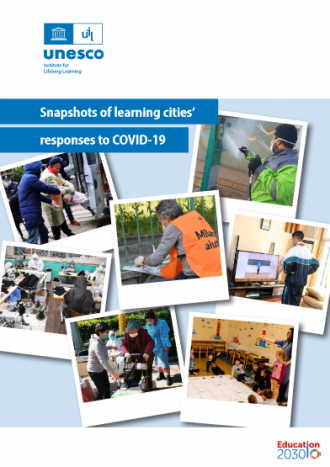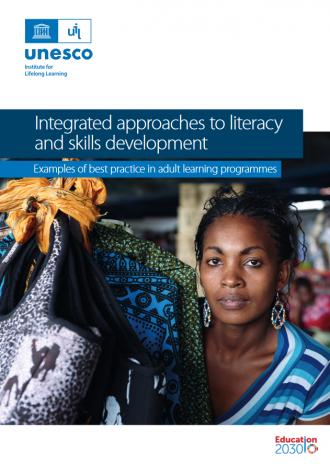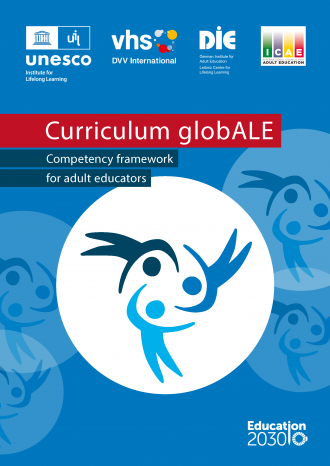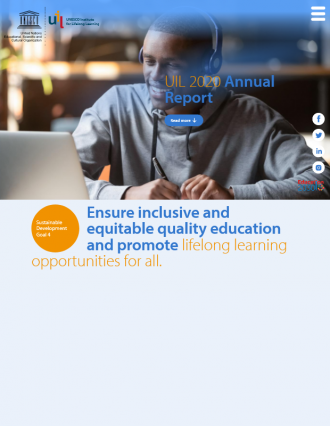The publication Inclusive lifelong learning in cities: Policies and practices for vulnerable presents conceptual frameworks for inclusive learning, good practices in learning cities and recommendations for the future.
The COVID-19 pandemic has had an enormous impact on life in cities, as well as exposing and exacerbating almost all forms of inequality. Access to high-calibre, resilient infrastructure, reliable basic services and decent jobs must be provided to all urban and rural dwellers. achieving this means ensuring learning opportunities in cities are of high quality...










